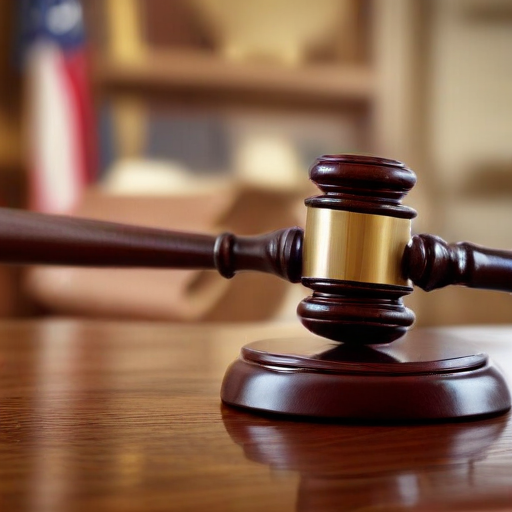President Joe Biden has recently granted 39 presidential pardons and commuted the sentences of nearly 1,500 individuals, marking a historic day in terms of presidential clemency. This action aligns with Biden’s stance on supporting those who have demonstrated successful rehabilitation and commitment to their communities.
The pardons were primarily aimed at Americans convicted of non-violent crimes, including drug offenses. While the specific crimes committed by the pardoned individuals were not disclosed, the White House highlighted that many of them have become community leaders or advocates after serving their sentences. For instance, one recipient from Virginia, who was imprisoned for a drug offense at the age of 21, went on to earn a university degree and served honorably in the U.S. Army and Air Force while also volunteering for veteran support organizations.
The commutation of 1,499 sentences included individuals who were placed under home confinement during the COVID-19 pandemic, as well as those who faced excessively lengthy sentences under outdated laws. Biden remarked that these individuals “deserve a second chance,” emphasizing the importance of rehabilitation and reintegration into society.
The recent pardons and commutations have prompted discussions about clemency trends in the country. Historically, Biden has issued fewer pardons compared to other modern presidents; however, he has taken significant steps toward reform, including pardoning individuals for simple marijuana possession and military personnel convicted based on their sexual orientation earlier this year.
In a related context, Hunter Biden received a presidential pardon amid ongoing controversies surrounding his legal issues. Biden asserted that the charges against his son were politically motivated, continuing a trend where presidential clemency is granted to close family members, a practice witnessed by presidents from both political parties.
This move comes as former President Donald Trump prepares for potential pardons related to the January 6 Capitol riot, advocating for the release of non-violent offenders from those events. As the landscape of clemency evolves, many are hopeful that these actions reflect a growing recognition of the need for fair treatment and second chances for individuals who have demonstrated growth and contribution to society.
In summary, Biden’s recent clemency actions are a reaffirmation of his belief in second chances, highlighting the transformative potential of rehabilitation and community engagement. This sets a hopeful precedent for the future, encouraging other leaders to prioritize fairness and compassion in their policies.
